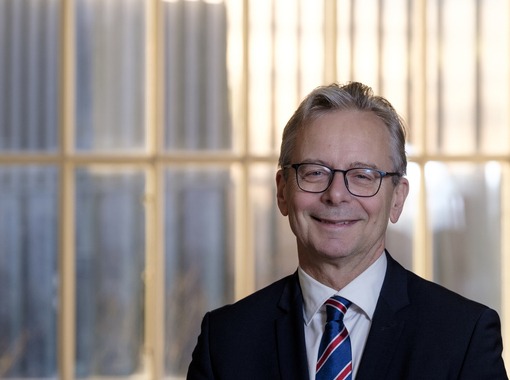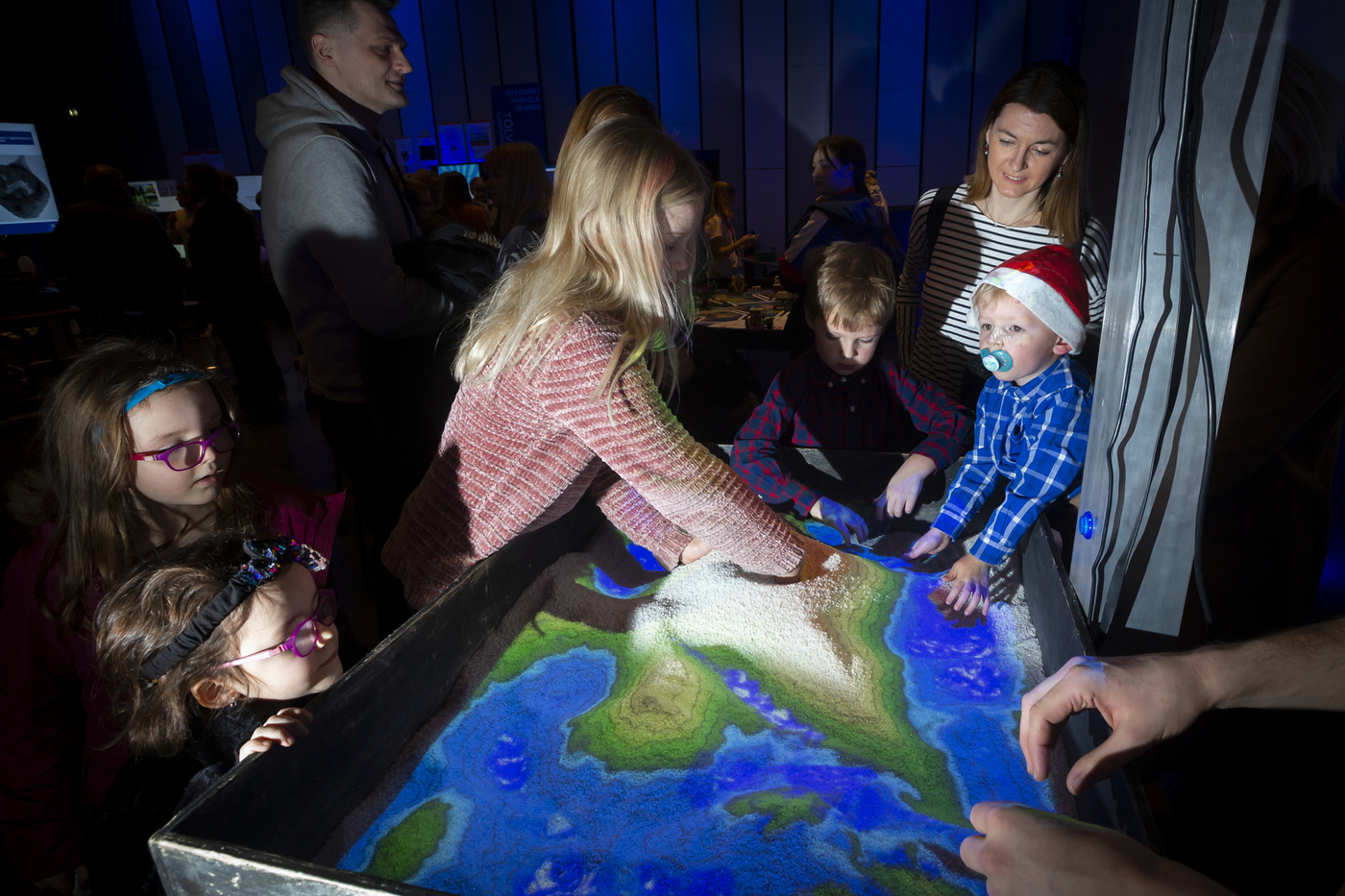Technology for monitoring seismic activity in Reykjanes; development of lava flow models; glacier retreat measurements; cybersecurity; graphic representation of glacier evolution from the past to the present day; robot programming; computer measurements of jumping power, and various workshops related to technology and programming - all this and much more will be featured at the University of Iceland's exhibition area at UTmessan, taking place at Harpa on 2-3 February. Furthermore, Jón Atli Benediksson, Rector of the University of Iceland, is one of the keynote speakers, along with Hafsteinn Einarsson from the University of Iceland, who will discuss today's hottest topic; artificial intelligence. The highly popular engineering competition of UI students will also take place at UTmessan.
UTmessan has been the main platform for introducing innovations in the computer industry and information technology in Iceland for over a decade. The purpose of the conference is also to show the public how large and extensive this field has become in Iceland and beyond. All major computer and technology companies in the country, as well as universities and institutions, participate in UTmessan.
The conference is divided into two parts. Friday, 2 February, , is a conference day for professionals in the information technology sector, while Saturday, 3 February, is a special technology day where the general public has the opportunity to learn about how IT is used within various companies and institutions. Admission to the technology day is free and open to everyone.
Rector of the University of Iceland one of the keynote speakers
On the conference day, Jón Atli Benediktsson, Rector of the University of Iceland, will deliver one of the key presentations. He is among the world's most influential scientists in the field of remote sensing. Remote sensing is one of the most critical scientific fields today, involving the acquisition of advanced images of the Earth's surface using satellites, aircraft, or drones, to gather various information about changes on the Earth's surface. This technology is, for example, used in the analysis of various factors related to natural disasters such as volcanic eruptions and their precursors. It has thus been extensively applied to monitor changes in Reykjanes.
Jón Atli's talk is titled Machine Learning for Big Data in Remote Sensing Powered by Supercomputing.
In addition to Jón Atli, Hafsteinn Einarsson, a lecturer in computer science at the University of Iceland and a leading specialist in artificial intelligence in the country, will discuss the pitfalls of such technology, and the risks associated with relying too much on artificial intelligence for sensitive decisions. Matthias Book, professor and programme director in computer science at the University of Iceland, will also lead a workshop on digital development.
On the conference day, Jón Atli Benediktsson, Rector of the University of Iceland, will deliver one of the key presentations. He is among the world's most influential scientists in the field of remote sensing. Remote sensing is one of the most critical scientific fields today, involving the acquisition of advanced images of the Earth's surface using satellites, aircraft, or drones, to gather various information about changes on the Earth's surface.

Earth Sciences at the University of Iceland in the Spotlight on Technology Day
There will be plenty to see in the University of Iceland's area in Silfurberg on Saturday. In addition to the annual HÍ Design Competition, organized by students in industrial engineering and mechanical engineering at the University of Iceland, the University offers various stations where visitors can learn how information technology plays a role in different fields and disciplines. Not everyone is aware that earth scientists use various IT solutions for research and measurements and develop their own solutions in the field to support society. Visitors can, for example, observe on Saturday how computer graphics shed light on glacier retreat, how glacier research is conducted, and predictions are made in that field using computer models. Guests can also see the technology that University of Iceland scientists use to monitor crustal movements near Grindavík and Svartsengi. Additionally, they can try out the latest technology in sports science and measure their jumping power. On-site, visitors can also view an electric race car developed by HÍ students in Team Spark; experience virtual reality of Mother Earth; compete against artificial intelligence programmes in object recognition on virtual images, and learn about robotics programming, cybersecurity, and projects and experiences of women and non-binary individuals in computer science at the University of Iceland.
Furthermore, Icelandic champions of the First LEGO League will present challenges with LEGO cubes and programmed robots, and the Science Centre at the University of Iceland and Mix will conduct experiments and workshops for all age groups.
Furhtermore, Eyjólfur Brynjar Eyjólfsson, director at the University's School of Education, will give a micro lecture on technology day in collaboration with the Future Centre of Iceland, discussing interesting projects in the field of information technology to empower young people.
Further information on UTmessan can be found at the conference website and the technology segment on Saturday is open to everyone with free admission as mentioned earlier.




